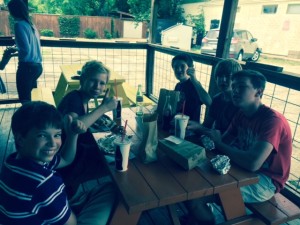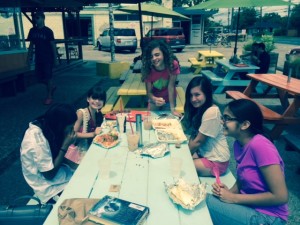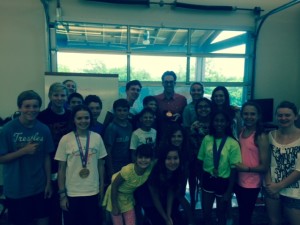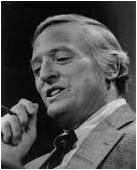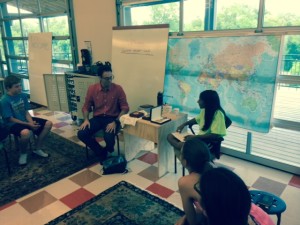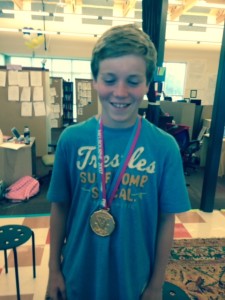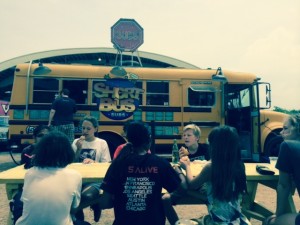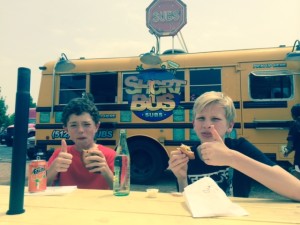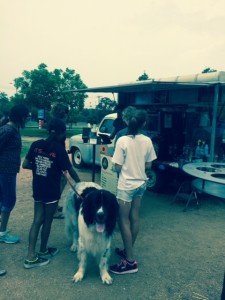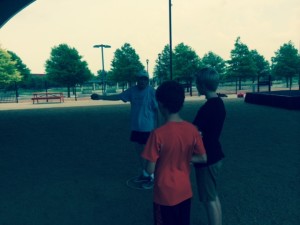A process is a step by step progression of tasks needed to accomplish an important goal, in a timely manner, with limited resources. Exposure to and practice with processes are perhaps our most important tools for our “learn to do” and “learn to be” work in the studios. During the 2012-13 school year, we cataloged thirty seven major processes that Eagles learned to use in real world challenges.
At the end of Session Six, Eagles paused to reflect on the most important processes used this year. Was it the Socratic Method; The Scientific Method; initiating a life changing conversation; conducting a world changing interview or securing an apprenticeship?
All of the processes above were mentioned, but a consensus quickly formed around the two most important processes: (1) Time Management and (2) Self Governance.
When asked why, Eagles responded:
- “Because rich or poor, powerful or not, each person only has twenty four hours in a day.”
- “Setting priorities helps me use my gifts to their full potential.”
- “Leading people is difficult; so is knowing how to choose a leader and when it is your time to follow;” and finally
- “These processes teach you about yourself and what you need to change to live a hero’s life, which is the most difficult challenge of all.”
No wonder these two processes take so much time, effort and practice. It’s because along with courage, they are the very foundation of the Hero’s Journey.






